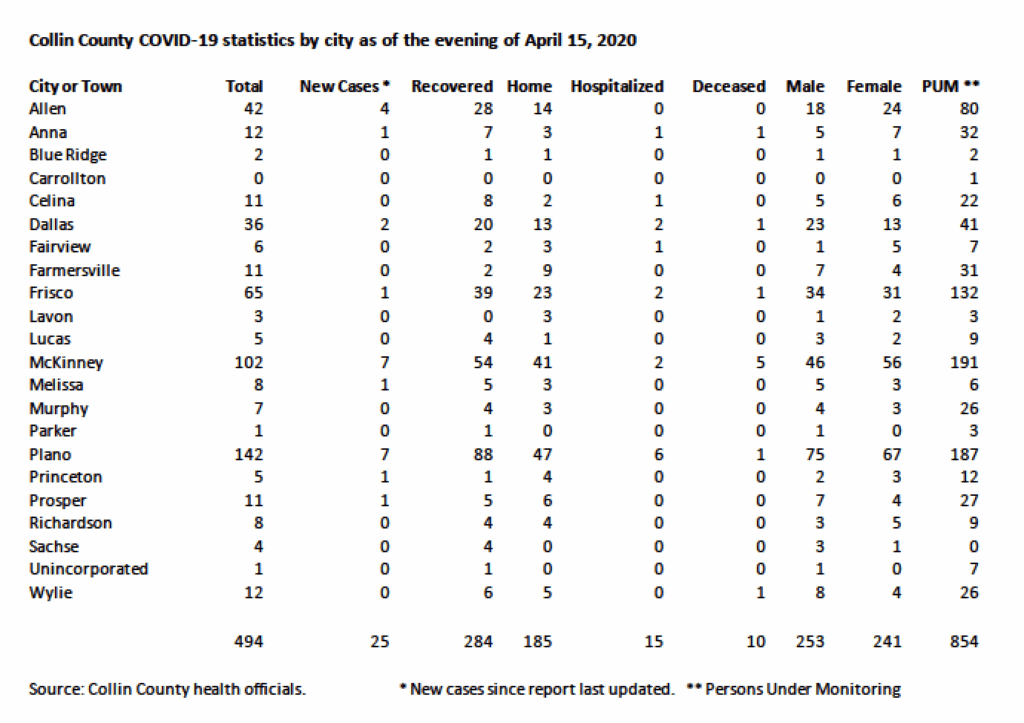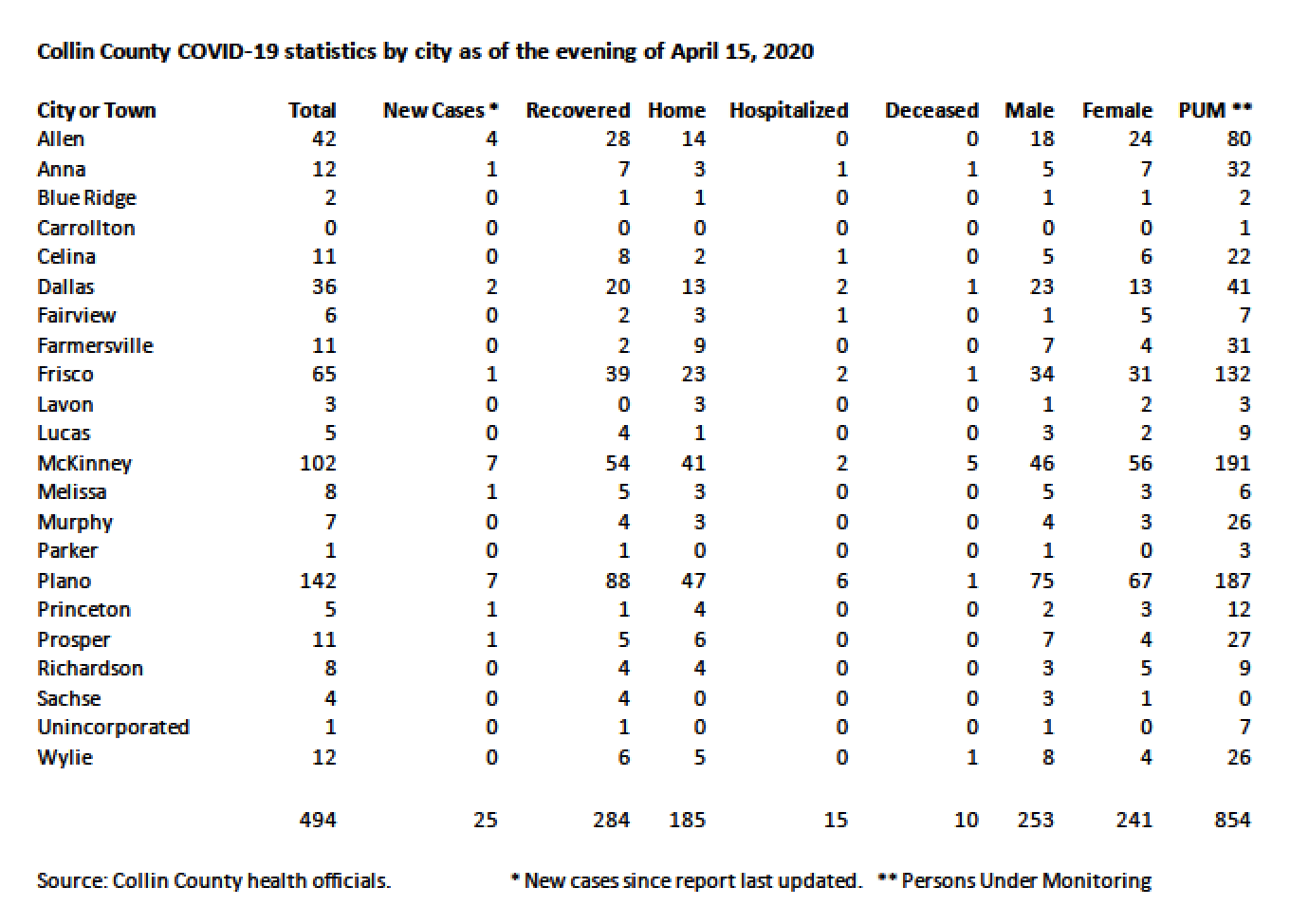
Navigating Collin County Civil Cases: A Comprehensive Guide
Collin County, Texas, like any other jurisdiction, handles a significant number of civil cases. Understanding the intricacies of the Collin County civil court system is crucial for anyone involved in a legal dispute, whether as a plaintiff or a defendant. This guide provides a comprehensive overview of civil cases in Collin County, covering the types of cases heard, the court structure, procedures, and resources available to assist individuals navigating the legal landscape. This knowledge is paramount for anyone dealing with Collin County civil cases.
Understanding Civil Cases
Civil cases involve disputes between individuals, businesses, or other entities where one party seeks monetary damages or specific performance from another. Unlike criminal cases, which involve violations of criminal law, civil cases address private rights and remedies. In Collin County civil cases, the burden of proof rests on the plaintiff, who must demonstrate their claim by a preponderance of the evidence. This means that it is more likely than not that the defendant is liable.
Types of Civil Cases in Collin County
The Collin County civil courts handle a wide array of cases, including but not limited to:
- Contract Disputes: Cases involving breaches of agreements between parties.
- Personal Injury: Lawsuits arising from negligence, such as car accidents or slip-and-fall incidents.
- Property Disputes: Conflicts over ownership, boundaries, or use of real estate.
- Business Litigation: Disputes between businesses, including partnership disagreements and intellectual property claims.
- Family Law: While often categorized separately, family law matters like divorce, child custody, and support are technically civil cases.
- Debt Collection: Lawsuits filed by creditors to recover unpaid debts.
The Collin County Court System: Civil Division
The Collin County court system is structured to handle different types of civil cases. The primary courts involved in civil litigation are:
District Courts
District Courts are courts of general jurisdiction, meaning they can hear a wide variety of civil cases without specific monetary limitations. These courts handle complex litigation, including high-value contract disputes, significant personal injury claims, and business litigation. Collin County civil cases often begin in the District Courts, especially those involving substantial damages or intricate legal issues.
County Courts at Law
County Courts at Law have more limited jurisdiction than District Courts. They typically handle civil cases involving claims up to a certain dollar amount, which varies by county and state laws. These courts are often used for smaller contract disputes, debt collection actions, and less severe personal injury claims. Knowing the jurisdictional limits is vital when filing Collin County civil cases.
Justice Courts
Justice Courts (also known as Justice of the Peace Courts) have the most limited jurisdiction. They handle small claims cases, typically involving claims up to a few thousand dollars. These courts are designed for quick and informal resolution of minor disputes. Many Collin County civil cases involving landlord-tenant issues or very small debts are handled in Justice Courts.
Initiating a Civil Case in Collin County
The process of initiating a civil case in Collin County involves several steps:
Filing a Petition
The first step is to file a petition (also known as a complaint) with the appropriate court. The petition outlines the plaintiff’s claims, the facts supporting those claims, and the relief sought (e.g., monetary damages, specific performance). The petition must comply with the Texas Rules of Civil Procedure. Thorough preparation is key for successful Collin County civil cases.
Serving the Defendant
Once the petition is filed, the defendant must be properly served with a copy of the petition and a citation. Service ensures that the defendant is aware of the lawsuit and has an opportunity to respond. Proper service is crucial; otherwise, the court may lack jurisdiction over the defendant. Defective service can derail Collin County civil cases.
Filing an Answer
After being served, the defendant must file an answer within a specified timeframe, typically 20 days plus the following Monday. The answer responds to the allegations in the petition and asserts any defenses the defendant may have. Failure to file an answer can result in a default judgment against the defendant. Timely response is critical in Collin County civil cases.
The Discovery Process
Discovery is a crucial phase in civil litigation where parties gather information relevant to the case. Common discovery tools include:
- Interrogatories: Written questions that must be answered under oath.
- Requests for Production: Demands for documents and other tangible evidence.
- Depositions: Oral examinations of witnesses under oath.
- Requests for Admission: Requests for the opposing party to admit or deny certain facts.
Effective use of discovery can significantly impact the outcome of Collin County civil cases. [See also: Understanding Discovery in Texas Civil Litigation]
Pre-Trial Procedures
Before a case proceeds to trial, several pre-trial procedures may occur:
Motion Practice
Parties may file motions to resolve specific issues in the case. Common motions include motions to dismiss, motions for summary judgment, and motions to compel discovery. Successful motion practice can streamline Collin County civil cases and potentially lead to early resolution.
Mediation and Alternative Dispute Resolution (ADR)
Mediation is a process where a neutral third party helps the parties reach a settlement. ADR methods, such as arbitration, offer alternative ways to resolve disputes outside of court. Many Collin County civil cases are resolved through mediation, saving time and resources. [See also: Benefits of Mediation in Civil Disputes]
Trial Procedures
If a case does not settle, it proceeds to trial. The trial process involves:
Jury Selection
In many civil cases, parties have the right to a jury trial. Jury selection involves questioning potential jurors to ensure impartiality. Selecting a fair and impartial jury is crucial for a just outcome in Collin County civil cases.
Presentation of Evidence
Each side presents evidence, including witness testimony and documents, to support their claims. The rules of evidence govern what evidence is admissible. Admissible evidence is vital for a successful outcome in Collin County civil cases.
Closing Arguments
After the evidence is presented, each side makes closing arguments to summarize their case and persuade the jury or judge. Compelling closing arguments can sway the decision in Collin County civil cases.
Verdict and Judgment
If the case is tried to a jury, the jury renders a verdict. If the case is tried to a judge, the judge makes findings of fact and conclusions of law. The court then enters a judgment based on the verdict or findings. The judgment is the final decision of the court in Collin County civil cases.
Appeals
A party who is dissatisfied with the judgment may have the right to appeal to a higher court. The appellate court reviews the record of the trial court to determine if any errors occurred. Appealing Collin County civil cases requires strict adherence to appellate rules and deadlines.
Resources for Navigating Collin County Civil Cases
Several resources are available to assist individuals navigating the Collin County civil court system:
- Collin County Law Library: Provides access to legal research materials and resources.
- State Bar of Texas: Offers information and resources for finding an attorney.
- Legal Aid Services: Provides free or low-cost legal assistance to eligible individuals.
- Court Administration: The Collin County court administration can provide information about court procedures and scheduling.
Conclusion
Navigating Collin County civil cases can be complex and challenging. Understanding the court system, procedures, and available resources is essential for achieving a favorable outcome. Whether you are a plaintiff or a defendant, seeking legal advice from a qualified attorney is highly recommended to protect your rights and interests. By staying informed and prepared, you can effectively navigate the Collin County civil court system and work towards a just resolution of your legal dispute. The intricacies involved in Collin County civil cases necessitate careful consideration and professional guidance. Understanding the legal landscape is the first step towards a successful resolution of any civil dispute within Collin County. The complexities of Collin County civil cases require diligent effort and a strategic approach. Handling Collin County civil cases effectively often requires specialized legal expertise. Many individuals find navigating Collin County civil cases much easier with legal representation. The outcome of Collin County civil cases can significantly impact individuals and businesses. Successfully managing Collin County civil cases involves understanding all available legal options. Thorough preparation is the cornerstone of success in Collin County civil cases. The guidance of a skilled attorney is invaluable when dealing with Collin County civil cases. The resolution of Collin County civil cases can bring closure and justice to those involved.

